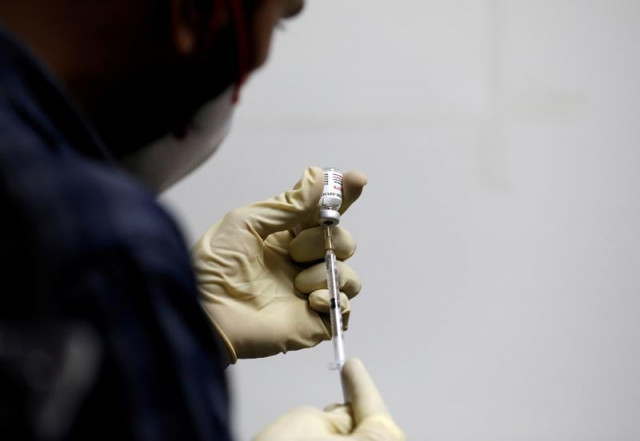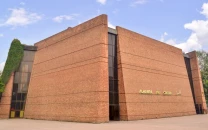Virtual lecture on neglected diseases
Aim is to build research capacity to find new and better therapeutic solutions NTDs

Neglected Tropical Diseases (NTDs) are a major health and economic burden on member states of Organisation of Islamic Cooperation (OIC). The control and elimination of NTDs require a scaled-up integration of global mass treatment programmes, along with new tools and technologies to tackle these diseases.
Therefore, COMSTECH and the Global Network for Neglected Tropical Diseases (NTDs) known as the NTD Network have joined hands to promote global scientific cooperation and build research capacity to find new and better therapeutic solutions for NTDs.
COMSTECH in collaboration with the NTD Network has launched a virtual lecture series for researchers across the Muslim world and beyond. The NTD Network, funded by Global Challenges Research Fund (GCRF) of UK Research and Innovation (UKRI), is a consortium of academic researchers from South America, Asia, and the United Kingdom, seeking new therapeutic solutions to Leishmaniasis and Chagas disease.
Read Vaccination drive against childhood diseases starts today
Professor Jeremy Mottram, the NTD Network institutional lead for York University, delivered the first lecture of this series. He is a Professor of Pathogen Biology, York Biomedical Research Institute, University of York, United Kingdom.
Dr Mottram said NTD Network is based in university of Durham, UK, and links researchers interested in neglected tropical diseases with four hubs one in the UK, Pakistan, India and a hub in South America. These four regional hubs allow several research institutes and research groups to come together to address some of the fundamental questions around early phase drug discovery.
Dr Mottram said that we have a mixture of parasitologists, chemical biologists, structural biologists and some immunologists that are taking an interdisciplinary and a collaborative approach to seek new solutions.
He added that in the first phase of this project we are trying to identify molecular targets within the parasite that can be used in identifying new chemical entities that can be a first phase of a drug discovery programme.
Published in The Express Tribune, June 29th, 2021.



















COMMENTS
Comments are moderated and generally will be posted if they are on-topic and not abusive.
For more information, please see our Comments FAQ